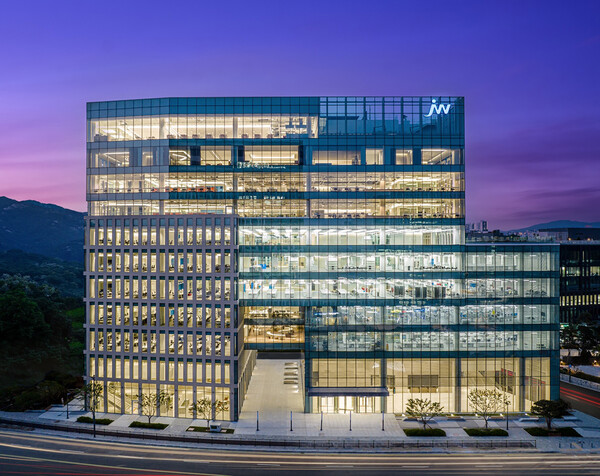The nation's antitrust watchdog has slapped JW Pharmaceutical with a correction order and a hefty fine of 29.8 billion won ($21.9 million) for providing widespread illegal rebates to over 1,500 hospitals and clinics nationwide.

This fine represents the largest ever imposed in a pharmaceutical rebate case.
The Fair Trade Commission (FTC) also reported JW Pharmaceutical and its CEO to the prosecution.
According to the FTC, from Feb. 2014 until Oct. 2023, JW Pharmaceutical granted these medical institutions economic benefits totaling approximately 70 billion won to sustain and boost prescriptions of 62 of its drug products.
Notably, the FTC stressed that the company meticulously devised this strategy, consistently targeting 18 items from their product range between 2014 and 2018.
The methods included cash and product handouts, sponsoring hospital events, providing meals and entertainment, organizing golf outings, supporting symposiums, funding overseas academic conferences, and providing grants for clinical research.
In total, about 65 billion won in economic benefits were extended across 2,300 occasions to over 1,400 medical institutions. Additionally, the company provided roughly 5.3 billion won in incentives related to 44 other drug products to about 100 institutions between 2014 and 2018.
JW Pharmaceutical concealed these illicit activities by disguising them as legitimate expenses, such as employee dinners, and used terms that made the transactions appear legal.
The FTC stated that JW Pharmaceutical's rebate practices distorted the drug market, leading to a situation where medical professionals might prefer drugs that offer them more financial benefits than those most suitable for patients.
JW Pharmaceutical believes FTC ruling is legally contestable
Responding to the FTC's decisions, JW Pharmaceutical said they would carefully review the formal decision once they receive the ruling document and take legal action if necessary.
"It is unreasonable that the FTC has determined that clinical trials and observational studies that were contracted before 2018 and paid for until 2019 or later are also offenses, even though the acts in question happened before 2018," the company said. "The FTC emphasizes that a headquarters-level promotion plan was established for 18 drugs, but the company never established such a promotion plan."
However, the company admitted that some employees engaged in these unlawful acts, not the company as a whole.
"The evidence presented by the FTC that the company concealed the misconduct was actually a document describing the results of an internal inspection to strengthen compliance," the company said.
It is unreasonable to judge this as a violation of the law because the company complied with the requirements of the Fair Competition Agreement by going through both the internal process review board (PRB) and the medical institution's institutional review board (IRB) for clinical and observational studies, it added.
JW Pharmaceutical said the FTC's measures are unfair compared to other cases and legally contestable.
"As soon as JW Pharmaceutical receives the resolution letter from the FTC, we will closely review the details and respond through administrative proceedings," the company said. "We regret that the deviant behavior of some of our employees caused the incident despite our many efforts, and we will strive to strengthen compliance and improve various systems within the company."

